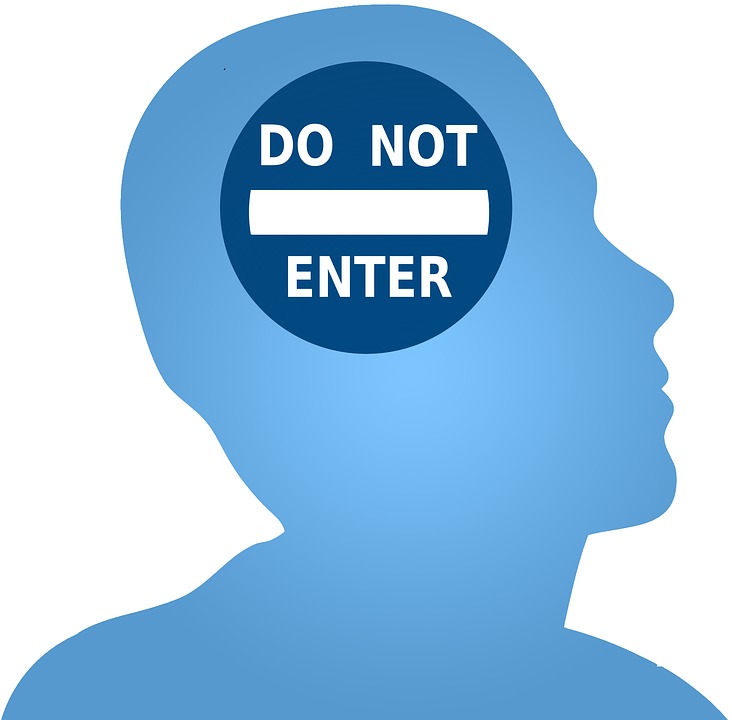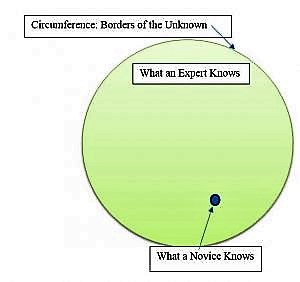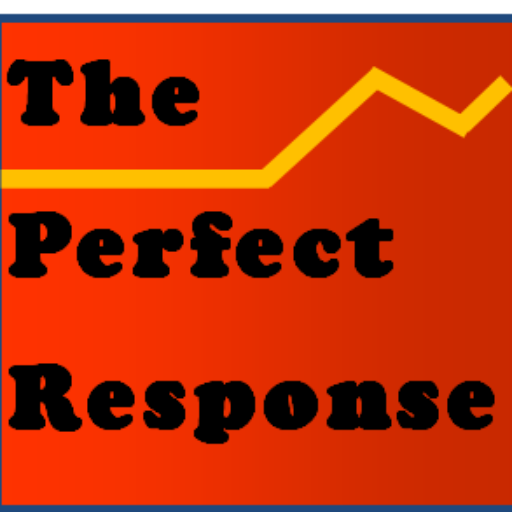The logic of willful ignorance outlined in this brief 2016 piece still seems valid today. It fits our age of like a comfortable bad habit.

In his sobering and seminal study, Democracy Without Citizens, Robert Entman dwells on the irony of living in an information-rich age among uninformed citizens. There is a rich paradox to a culture where most have a virtual library available on any digital device, and yet would struggle to pass a third-grade civics test. According to the Annenberg Policy Center completed a while ago only one in three Americans can name our three branches of government. And only the same lone third could identify the party that controls each of the two houses of Congress. Fully a fifth of their sample thought that close decisions in the Supreme Court were sent to Congress to be settled.
Add in the dismal results of map literacy tests of high school and college students (“Where is Africa?,” “Identify your city on this map”), and we have just a few markers of a failed information society.

As Entman noted, “computer and communication technology has enhanced the ability to obtain and transmit information rapidly and accurately,” but “the public’s knowledge of facts or reality have actually deteriorated.” The result is “more political fantasy and myth transmitted by the very same news media.” We seem to live comfortably without even elementary understandings of the complex world we live in. The simpler the explanations of complex events, the better.
This condition is sometimes identified as a feature of the Dunning-Kruger effect, a peculiarly distressing form of functional ignorance observed by two Cornell psychologists. Many of us seem not to be bothered by what we don’t know, overestimating our knowledge. Dunning and Kruger found that “incompetent” individuals (those falling into the lowest quarter of knowledge on a subject) often failed to recognize their own lack of skill, failed to recognize the extent to which they were misinformed, and did not to accurately gauge the skills of others. If you have an Aunt Betty who is certain that our former President is a victim of the “deep state” or Hilary Clinton, you have an idea of the willful ignorance this represents.

Think of this pattern in an inverted sense: from the perspective of individuals who truly know what they are talking about. For even the well-informed, the more they know about a subject, the larger the circumference of the borderlands that delineate the unknown. That’s why those who have mastered a subject area are often the most humble about their expertise: their expanded understanding of a field gives them a sense of what they still don’t know.
The key factor here is our distraction by all forms of media—everything from texting to empty-headed social media rants—that leaves us with little available time to be contributing members of the community. When the norm is checking our phones over 200 times a day, we have perhaps reached a tipping point where we have no interest in noticing the vast expanses of our own informational black holes. A familiar fantasy may be enough.
With regard to the basics of membership in a society, the idea of citizenship should mean more. In the coming election cycle it’s worth remembering that perhaps half of eligible voters will not bother to vote. And even more will have no interest in learning about the candidates who want to represent them in Congress or their local legislatures. Worst still, this is all happening at a time when candidates have been captured by a reality-show logic that substitutes melodrama for more sober discussions of how they intend to govern. Put It altogether, and too many of us don’t notice that we are engrossed with a sideshow of fantasies rather than the main event.
![]()

